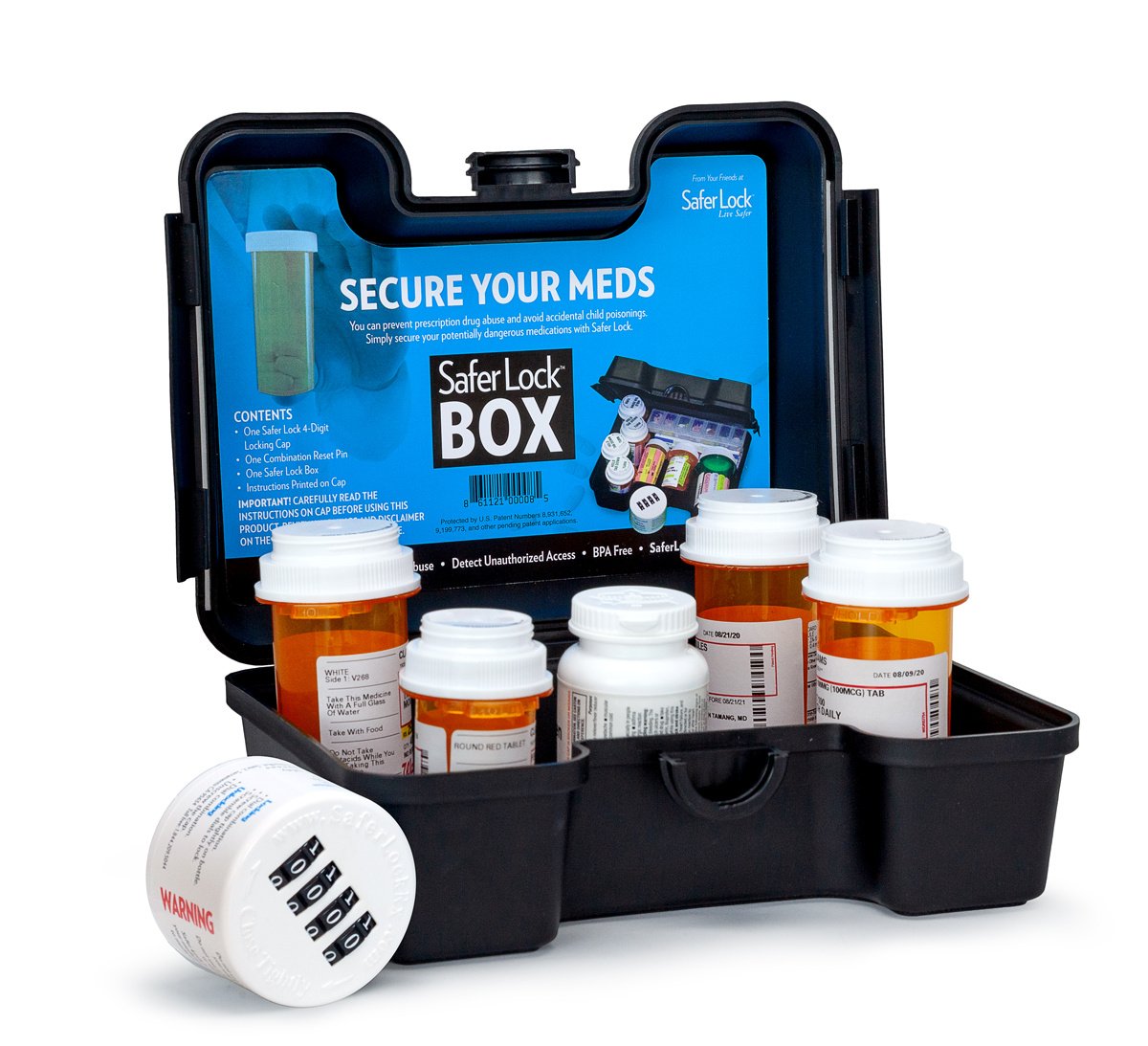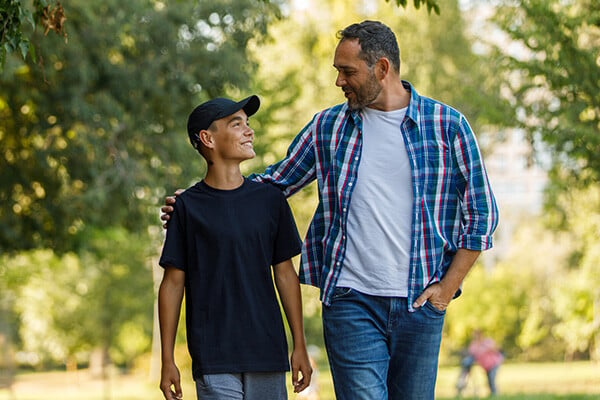
Let's Be Clear:Starting the Conversation
- Prevention
- Starting the Conversation
Reaching out to someone engaging in substance misuse isn’t easy. It can be tough to know what to say, how to say it or when to say it. But having these conversations is important, and we’re happy to get you started. Your support can help them take the first step in their recovery journey.
Let’s Be Clear:
There’s a supportive way to approach the subject.
Real Talk
Keeping our communities safe and healthy starts with setting the record straight about substance use.



Common Signs of Misuse
Recognizing the signs of substance misuse is the first step in starting the conversation. Look out for:
Changes in Behavior: Mood swings, secrecy, having grandiose beliefs, withdrawal or not actively engaging with loved ones.Physical Symptoms: Weight loss, changes in sleep patterns, unexplained injuries.
Neglecting Responsibilities or their Appearance: Skipping work, school or other important commitments or neglecting basic self care such as laundry or hygiene.
Disinterest in Hobbies: Individuals may also have little or no interest in activities they previously enjoyed.
Financial Problems: Unexplained spending or borrowing money frequently.
For a Child
Talking Points
Inform: As a parent or concerned adult, it’s important to let children know you care about them and want to keep them safe.
Educate: Explain the risks associated with substance misuse and the impact it can have on your child’s future and development.
Empower: Encourage your child to ask questions, be open and express any concerns they may have.
Conversation Starters
"I’ve noticed some changes in your behavior, and I’m worried about you. Can we chat?”
“It’s natural to feel like you want to belong. You might face pressure to try things that don’t feel safe, like drugs. Let’s talk about how to handle those situations.”
"Being a teenager is tough, and I remember feeling like I needed an escape at times. If you ever feel like that, we can talk — no judgment."
For a Friend
Talking Points
Show Concern: Let them know you’ve noticed changes and are worried about them. Don’t wait for someone else to step up.
Be Nonjudgmental: Approach the conversation with kindness and without shame or blame.
Offer Support: Reassure them that you’re there to help and that they’re not alone.
Conversation Starters
“I care about you, and I’ve noticed you’re not yourself lately. I’m here if you want to talk.”
“I’m concerned about how much you’ve been using lately. Can we talk about what’s going on?”
"I know things are challenging right now. I’m here to help support you and find safe, healthy ways to cope.”
For Loved Ones
Talking Points
Show Some Love: Let them know you care about them and their well-being.
Talk About the Impact: Share how their behavior is affecting their relationships and everyday life.
Suggest Getting Help: Bring up the idea of finding professional help and exploring recovery options together.
Conversation Starters
“I love you, and I’m concerned. Can we talk about the effect [substance] is having on your life? How can I help support you?”
“I’ve noticed your substance use has increased lately, and I’m worried. Let’s chat about what’s happening and how we can get through this together.”
"You mean a lot to me, and so does your safety. I am concerned substances may be affecting you in a negative way. Can I support you in talking to someone about what you're going through?”
Stigma-Free Language
The way we talk about Substance Use Disorder (SUD) and the words we choose matter. Read this language guide to learn what terms to use and how to start the conversation in an open, nonjudgmental way.
Let’s Be Clear:
Substance misuse often stems from other issues.
Substance Misuse Prevention
Prevention starts with being informed and being prepared. Here’s how you can reduce the risk:
- Store Medications Safely: Keep prescription and over-the-counter medications out of reach.
- Get Rid of Unnecessary Medications: Properly dispose of unused or expired medications.
- Develop Refusal Skills: Practice saying “no” in situations where you’re offered substances.
- Reduce Risk Factors: Factors like peer pressure, mental health issues and lack of supervision can increase the risk of substance use.
- Learn Coping Skills: Develop healthy ways to handle stress, such as exercise, hobbies and talking to someone you trust.
- Build Support Networks: Surround yourself with supportive friends and family who encourage healthy choices.


Prevention Tips
Preventing substance misuse starts with open communication and education. Here’s how you can help:
Educate Early: Talk to your kids about the dangers of substances before they encounter them.
Build a Support Network: Encourage relationships with positive role models and supportive friends.
Promote Healthy Coping Skills: Teach stress management techniques and encourage healthy outlets like exercise or hobbies.
Secure Medications Safely: Store prescription and over-the-counter medications in a safe place. Order a medication lock box here.
Dispose of Medications Properly: Dispose of them properly when they're no longer needed. Order Dispose RX packets here.